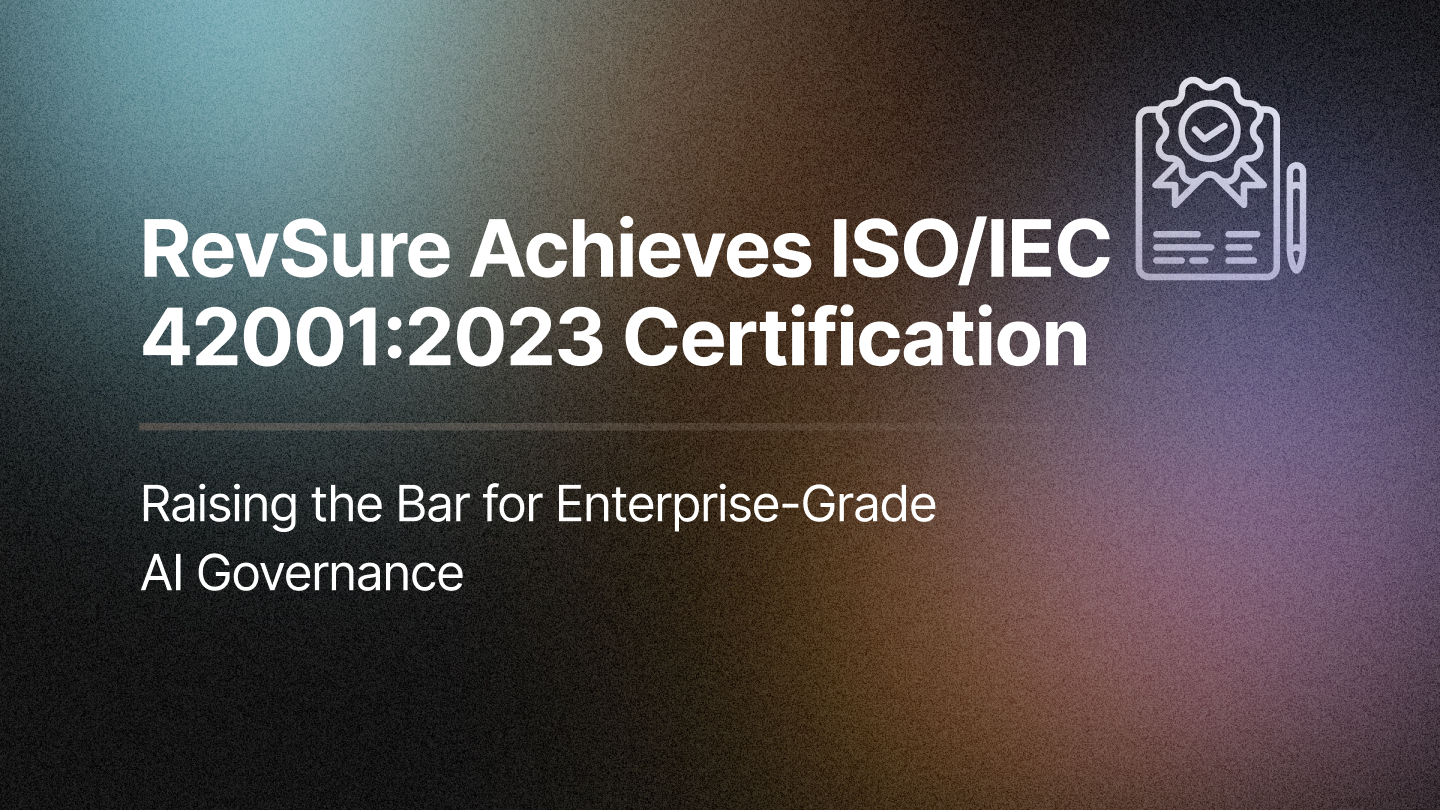In the current complex B2B marketing landscape, the allure of simplistic marketing solutions and strategies is undeniable. These straightforward approaches often promise quick results with minimal effort, making them a popular choice for time- and resource-strapped marketers.
However, this oversimplification can often conceal hidden costs, significantly undermining the return on investment (ROI). These costs can come in various ways, including ineffective campaigns, wasted resources, and missed growth opportunities.
The Illusion of Immediate Success
Simplistic strategies are appealing because they are easy to implement and comprehend. These strategies can promise immediate results without requiring in-depth analysis or strategic planning. Yet, this surface-level approach often fails at capturing the intricacies of the market, leading to many oversights such as:
- Misreading customer needs and behaviors: If designed simplistically, campaigns may fail to resonate without a nuanced understanding of the audience and buyer behavior.
- Overlooking key market trends: Important shifts in consumer preferences or industry developments could be easily ignored.
- Ignoring competitive dynamics: A lack of competitive analysis leaves businesses vulnerable to rivals who could better understand the market.
While the allure of quick wins is undeniable, the long-term consequences of oversimplification can be severe, potentially leading to sub-optimal or sometimes detrimental outcomes.
Resource Misallocation
When marketing strategies are oversimplified, resource allocation often becomes misguided. Marketers may overinvest in channels or tactics that yield suboptimal results, leading to:
- Increased customer acquisition costs: Ineffective targeting drives up the cost of acquiring new customers.
- Lower overall ROI: Wasted expenditures on low-performing campaigns drag down profitability.
- Inefficient use of budgets: Valuable funds are diverted away from impactful initiatives.
These inefficiencies underscore the critical need for a more thoughtful and precise approach to resource management in marketing strategies.
Overlooking Valuable Customer Segments
Simplistic marketing strategies tend to generalize the target audience, leading to missed opportunities for tailored messaging. This generalization can result in:
- Ignored niche markets: Smaller, high-potential segments are often overlooked.
- Missed revenue opportunities: Untapped customer bases reduce potential earnings.
- Decreased market share: Competitors who recognize and cater to these segments gain an advantage.
Marketers risk alienating key demographics and losing business by failing to acknowledge the diversity within their audience.
Short-Term Gains vs. Long-Term Success
Simplistic strategies typically prioritize immediate results over sustainable growth. While this approach may yield short-term benefits, it often undermines long-term success by:
- Neglecting brand-building efforts: Focusing on quick wins can erode the brand's identity and positioning.
- Undermining customer loyalty: Generic campaigns fail to build meaningful relationships.
- Inhibiting lasting connections: Brands struggle to establish enduring trust and engagement.
Short-term thinking may offer temporary satisfaction but jeopardizes a brand's future resilience and profitability.
The Complexity of the Customer Journey
The modern customer journey is multifaceted and nonlinear, involving multiple touchpoints influencing purchasing decisions. Simplistic models fail to account for this complexity, leading to:
- Missed engagement opportunities: Key moments in the buyer's journey are overlooked.
- Inadequate lead nurturing: Prospects receive generic interactions instead of customized communications.
- Lower conversion rates: A lack of personalization reduces the likelihood of closing sales.
Understanding and addressing the intricacies of the customer journey is crucial for optimizing ROI.
Benefits of Embracing Complexity
Acknowledging and embracing complexity enables marketers to develop more effective strategies. By delving deeper into data and customer insights, they can:
- Develop targeted and personalized campaigns: Tailored messaging resonates more with specific audience segments.
- Improve customer engagement and satisfaction: Personalized interactions foster stronger relationships.
- Enhance overall ROI: Well-informed decisions drive better outcomes.
Complexity, when managed correctly, becomes a powerful tool for achieving marketing success.
Leveraging Advanced Analytics
Complex strategies rely on sophisticated tools and analytics to uncover actionable insights. These tools enable marketers to:
- Accurately measure marketing effectiveness: Comprehensive metrics provide a clearer picture of performance.
- Identify high-performing channels: Data highlights where to allocate resources for maximum impact.
- Make data-driven decisions: Evidence-based strategies reduce guesswork and improve outcomes.
Advanced analytics transforms complexity into clarity, enabling marketers to optimize their efforts.
Investing in Talent and Technology
Effectively managing complexity requires investment in both talent and technology. Organizations must prioritize:
- Training teams in data analytics: Skilled professionals are better equipped to interpret and act on insights.
- Acquiring advanced marketing tools: AI and machine learning streamline complex processes.
- Fostering a culture of continuous learning: Staying updated on industry trends and innovations ensures ongoing success.
These investments create a foundation for more sophisticated and impactful marketing strategies.
Implementing Multi-Channel Marketing
A hallmark of complex strategies is the use of a multi-channel approach. By engaging customers across various platforms, marketers can:
- Increase brand visibility: Broader reach ensures the brand stays top-of-mind.
- Engage diverse audience segments: Different channels cater to different preferences.
- Maximize marketing impact: A cohesive multi-channel strategy enhances overall effectiveness.
This approach captures the attention of a broader and more varied audience.
Regular Monitoring and Optimization
Complex strategies demand continuous monitoring and adjustment. Regular analysis allows marketers to:
- Adapt quickly to market changes: Staying agile ensures relevance.
- Improve campaign effectiveness: Insights from monitoring inform better tactics.
- Enhance ROI over time: Proactive optimization drives sustained growth.
A commitment to ongoing improvement keeps strategies aligned with evolving market dynamics.
Why RevSure Believes in Embracing Complexity
At RevSure, we believe that true simplicity emerges from a deep understanding and management of complexity. Complexity in marketing should not be feared but embraced as a pathway to achieving clarity, precision, and impact. Here's why:
- Informed Decision-Making: Businesses can uncover actionable insights that drive more intelligent decisions by diving into complex data and analytics.
- Targeted Strategies: Complexity allows for creating approaches that resonate with specific audience segments, ensuring higher engagement and conversion rates.
- Sustainable Growth: Simplistic solutions often offer short-term gains, but embracing complexity fosters long-term strategies that build resilience and adaptability.
Rather than shy away from complexity, RevSure encourages marketers to harness its power. Through advanced tools, actionable insights, and expert guidance, we transform complexity into a competitive advantage, paving the way for marketing excellence and sustainable ROI.
Overcoming the Fear of Complexity
Many marketers shy away from complexity due to fear or uncertainty. However, embracing it is essential for long-term success. Steps to overcome this fear include:
- Starting with small, manageable projects: Gradual adoption reduces the risk of overwhelm.
- Seeking expertise and training: Building skills instills confidence.
- Using user-friendly tools: Simplifying complex data management makes it more accessible.
By confronting these challenges head-on, marketers can unlock the full potential of their efforts.
Conclusion
The hidden costs of oversimplification in marketing are significant and far-reaching. Simplistic strategies may offer immediate gratification but often undermine ROI through ineffective campaigns, wasted resources, and missed opportunities. Embracing complexity empowers marketers to craft targeted, data-driven strategies that deliver sustainable success. By investing in talent, technology, and continuous optimization, businesses can navigate the intricacies of the modern marketing landscape and achieve exceptional results.
Related Blogs








